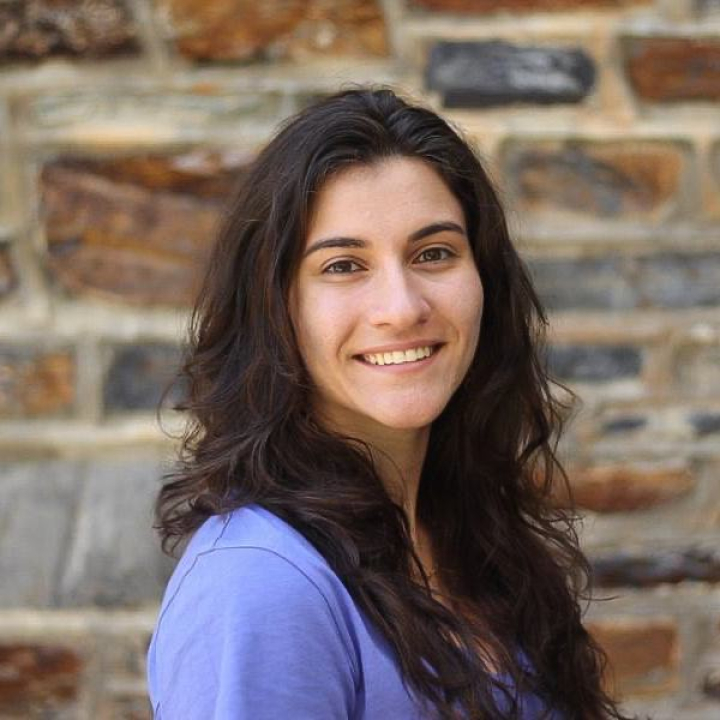Ph.D. Student Isabelle Rathbun Receives Department of Defense Fellowship
Isabelle Rathbun, a computer science Ph.D. student at the University of Maryland, has been awarded a National Defense Science and Engineering Graduate (NDSEG) fellowship by the Department of Defense for her research in artificial intelligence within the computer vision and sensor fusion domains. Rathbun was one of 165 individuals from 68 institutions nationwide to receive a three-year NDSEG fellowship this year.
The NDSEG Fellowship program, established by Congress, aims to increase the number of U.S. citizens earning doctoral degrees in science and engineering fields critical to national defense. The program supports students pursuing advanced education in these areas through competitive fellowship opportunities.
The fellowship covers all tuition, mandatory fees, and health insurance, provides a monthly stipend and includes a travel budget for professional development.
“I am honored to have this opportunity as a first-year student,” Rathbun said. “I look forward to taking advantage of NDSEG's resources over the next three years. This support will help me pursue impactful research while building new connections and professional relationships.”
Rathbun's research aims to create more reliable and resilient AI systems, focusing on sensor fusion algorithms central to modern robotics and autonomous navigation systems. By combining complementary sources of information, such as lidar and cameras, sensor fusion allows these systems to perform high-level tasks, like navigation, more effectively than with any single modality alone. However, adding sensors also introduces additional points of failure.
Her research addresses these critical challenges in autonomous systems, aiming to enhance their robustness and reliability.
"Isabelle's research will characterize the performance of sensor fusion algorithms in the presence of failed sensors," said Christopher Metzler, Department of Computer Science assistant professor and Rathbun’s advisor. "She will then develop novel, human-in-the-loop techniques to mitigate the impact of sensor failures. Her research will thus improve the reliability, performance and safety of future autonomous navigation and robotics systems."
In the future, Rathbun plans to continue her research beyond her doctoral studies.
"After I complete my Ph.D., I intend to pursue research in an environment where there is the opportunity for positive impact and pushing the boundaries of cutting-edge research,” Rathbun shared. “I plan to continue developing safer and more reliable technology for public use and deployment, such as in autonomous vehicles and improving their performance in real-world environments with increased uncertainty.”
The NDSEG Fellowship program is critical in workforce development for STEM fields. Since its inception in 1989, the program has awarded nearly 4,700 fellowships from over 70,000 applications.
—Story by Samuel Malede Zewdu, CS Communications
The Department welcomes comments, suggestions and corrections. Send email to editor [-at-] cs [dot] umd [dot] edu.
